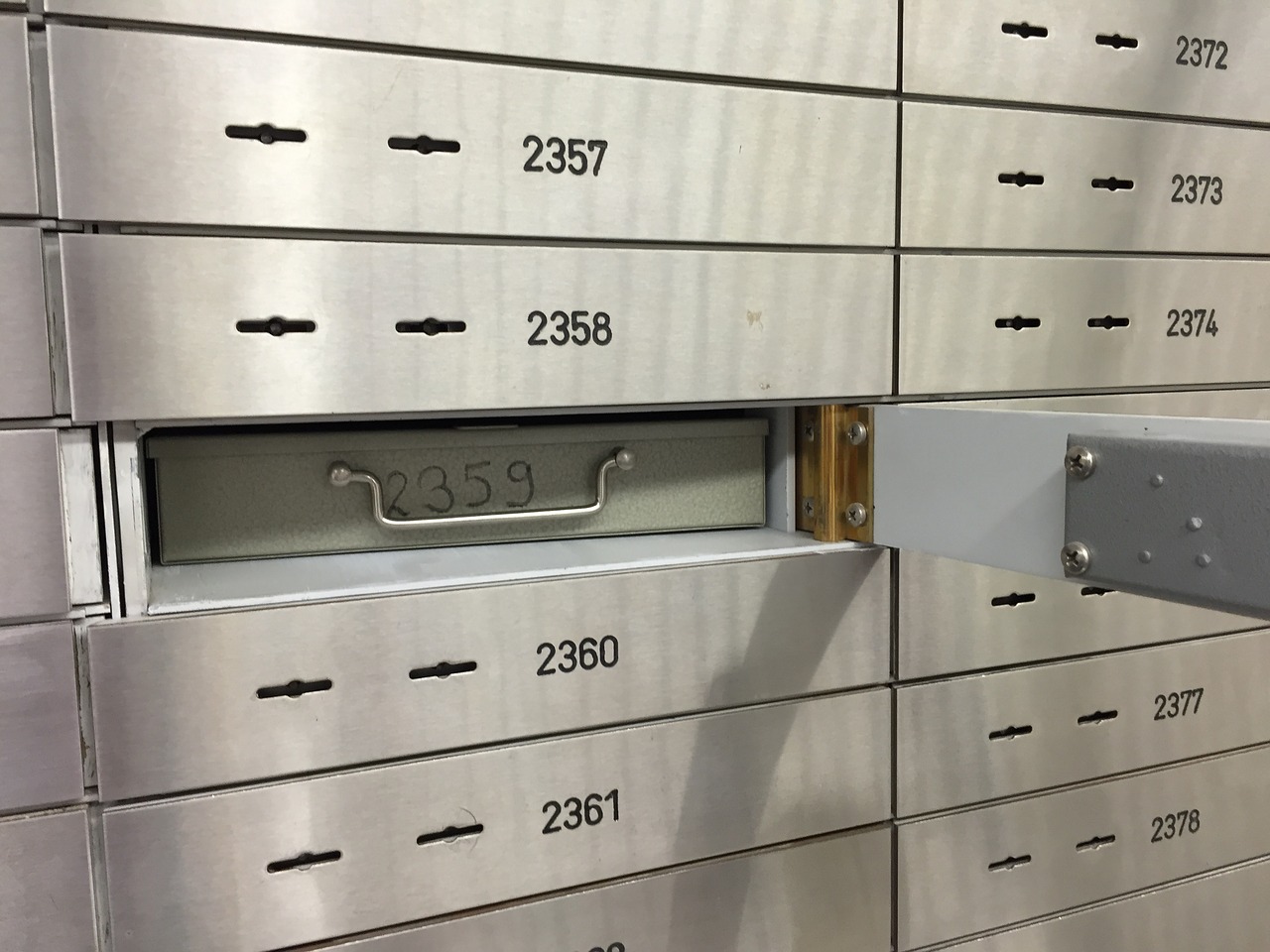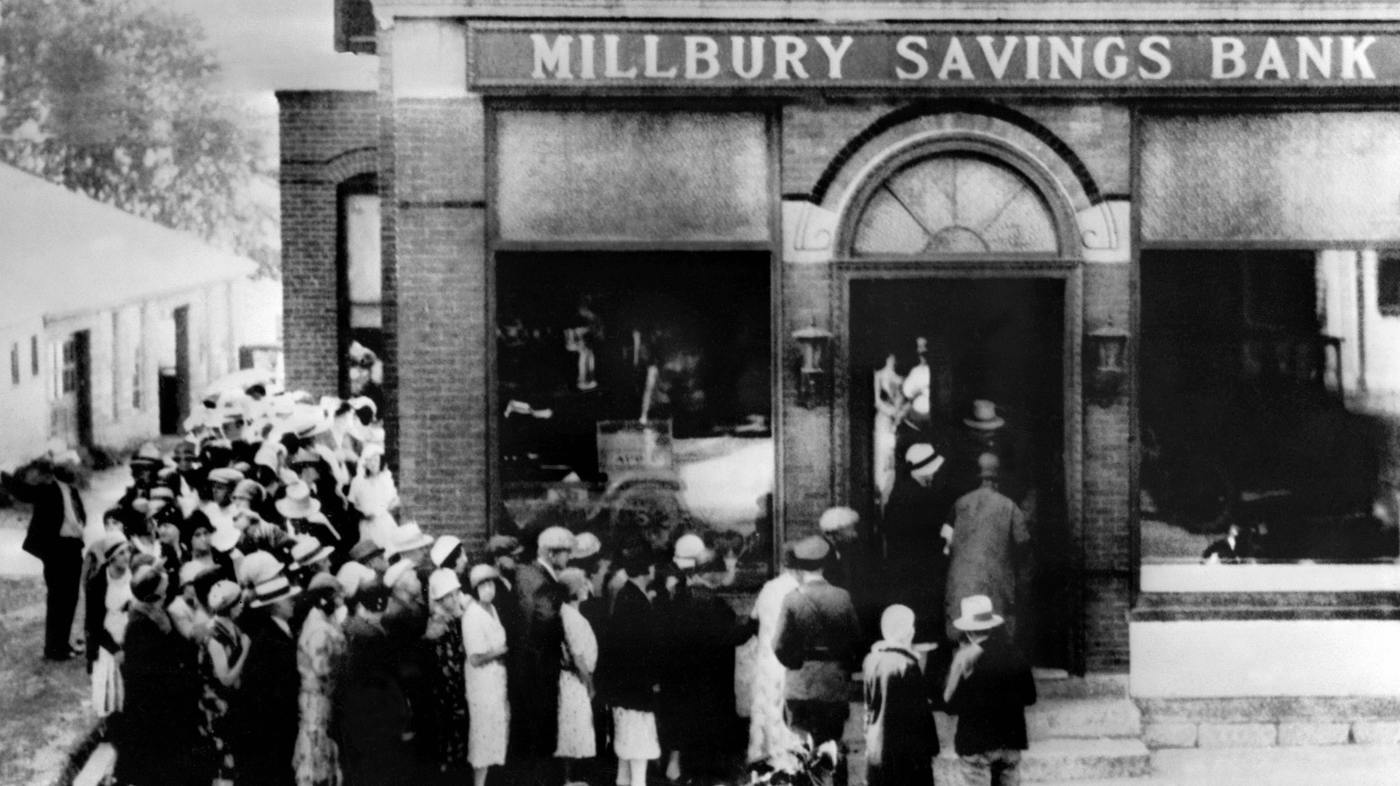Sound Banking
|
Financial Inclusion: One Size Doesn’t Fit All
We can’t predict exactly what solutions will emerge from financial liberalization. The results will likely differ from country to country or region to region, depending on unique cultural and socio-economic factors.
|
Why Are Many Households Unbanked?
A new NBER working paper raises doubts about the welfare gains from mobile banking.
|
The WWI Agriculture Boom and Bust
A new NBER working paper uses bank-level financial and county-level agricultural data to show how risky lending might amplify the boom and bust.
|
Competitive Full-Reserve Banking
Historically, fractional-reserve banks have always won out against their full-reserve cousins. But times have changed.
|
Government Guarantees and the Valuation of American Banks
Expectations of government bailouts drove the increase and decline of American banks’ market value to book value, according to a new NBER working paper.
|
Base Money and the Birth and Use of Credit Money
The complexity of credit markets creates difficulty for teaching monetary theory purely through reference to observed data. An appropriate framing should follow the evolution of money and credit.
|
Not All Crises Are Due to Unexpected Shocks
In the case of Argentina, three particular problems call into question the “surprise” explanation of the currency crisis.
|
Setting Aside My (Fractional) Reservations
A decade ago, I was a fractional-reserve banking skeptic. Today, I’m all for it. Here’s why.
|
Historical Perspective on Financial Instability
A new NBER paper shows that credit-induced banking panics are the exception, not the rule.
|
Financial Depth and the Fed’s Balance Sheet
The Fed’s balance sheet crowds out bank lending, stifling economic growth.
|
End Government Borrowing
The ceiling is often likened to a credit-card limit, but that’s a bad analogy. The federal government doesn’t have a debt limit at all. It has a debt sky.











